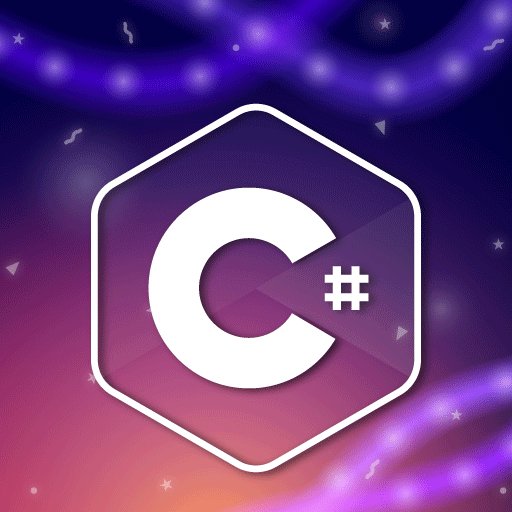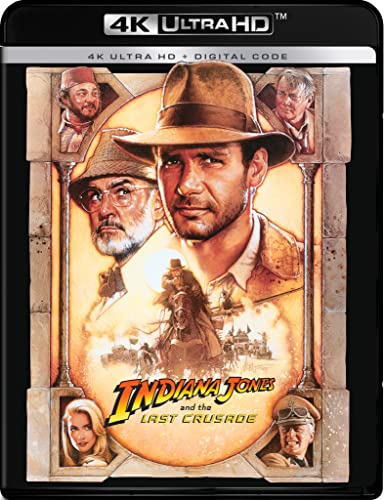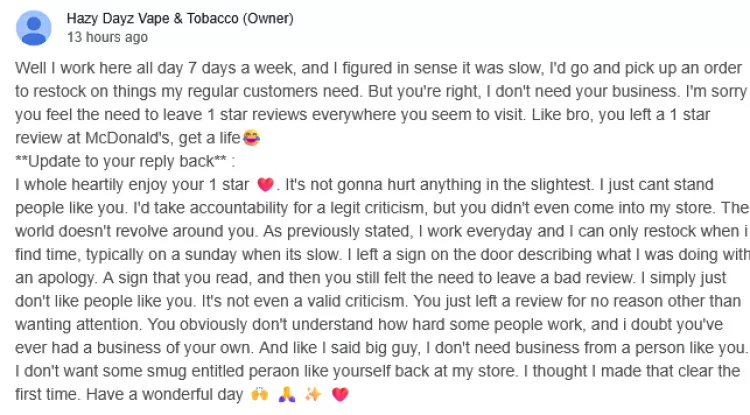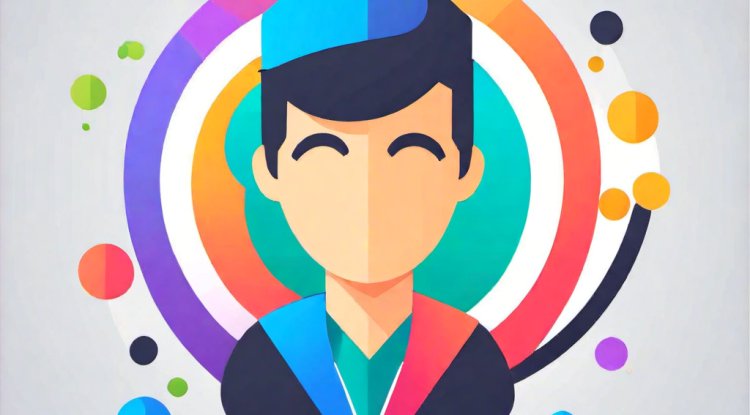A Beginner's Guide to Learning C# Programming

C# is a versatile and powerful programming language developed by Microsoft. It is widely used for a variety of applications, including desktop software, web development, game development, and more. If you're new to programming or looking to learn C#, this blog post is your comprehensive guide to getting started with C#.
1. Setting Up Your Development Environment
The first step on your journey to learn C# is to set up your development environment. Follow these steps:
-
Install Visual Studio: Microsoft's Visual Studio is the most popular IDE for C# development. Download and install Visual Studio Community, which is a free version designed for individuals and small teams.
-
Choose Your Operating System: Visual Studio is available for both Windows and macOS. Ensure you have the appropriate operating system.
2. Learning the Basics
C# is known for its simplicity, making it an excellent language for beginners. Start with the following fundamentals:
-
Variables and Data Types: Learn about variables and the various data types in C#, such as int, double, string, and more.
-
Control Structures: Understand the basics of control structures like if-else statements and loops (for, while).
-
Functions and Methods: Explore how to define and use functions to structure your code.
-
Object-Oriented Programming (OOP): C# is an object-oriented language, so grasp the concepts of classes, objects, inheritance, and encapsulation.
-
Exception Handling: Learn how to handle errors and exceptions in your code.
3. C# Syntax and Conventions
C# has its syntax and coding conventions. Pay attention to:
-
C# Naming Conventions: Understand how to name variables, classes, and methods according to the C# conventions.
-
C# Syntax Rules: Familiarize yourself with the structure of C# code, including how to define classes, methods, and variables.
4. Practical Projects
Hands-on practice is essential for mastering C#. Start with simple projects and gradually move to more complex ones:
-
"Hello, World!" Program: The classic starting point for every programmer. Create a simple program that displays "Hello, World!" on the console.
-
Calculator Application: Build a basic calculator program to practice using variables and simple functions.
-
To-Do List Application: Create a to-do list app with the ability to add, edit, and delete tasks.
-
Console-Based Games: Develop simple text-based games like Hangman or Tic-Tac-Toe to improve your logic and problem-solving skills.
5. Online Resources
There are numerous online resources to aid your learning journey:
-
Official Microsoft C# Documentation: Explore the official documentation for in-depth knowledge.
-
Online Courses: Websites like Coursera, edX, Udemy, and Pluralsight offer C# courses for beginners.
-
Community Forums: Join C# developer forums, such as Stack Overflow and Reddit's r/csharp, to ask questions and seek advice.
-
YouTube Tutorials: YouTube is a treasure trove of video tutorials on C# programming.
6. Practice, Practice, Practice
Consistent practice is the key to becoming proficient in C#. Regularly challenge yourself with new projects and problems to solve.
7. Join C# Developer Communities
Connect with other C# developers through online forums, social media, and local meetups. Learning from experienced developers and sharing your knowledge can be incredibly valuable.
8. Keep Learning and Stay Updated
C# and the technology landscape are constantly evolving. Stay up-to-date with new features and improvements in the language by reading blogs, articles, and official announcements.
Conclusion
Learning C# is an exciting and rewarding journey for aspiring programmers. Start by setting up your development environment, understanding the basics, and creating practical projects. With dedication, practice, and access to valuable resources, you'll soon find yourself proficient in C# and capable of building a wide range of software applications. So, roll up your sleeves, start coding, and enjoy your programming adventure with C#!
What's Your Reaction?

















